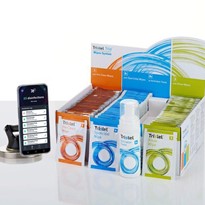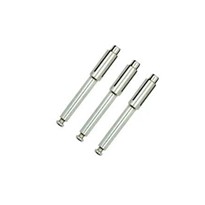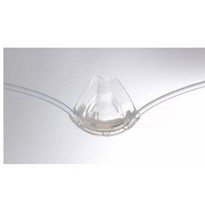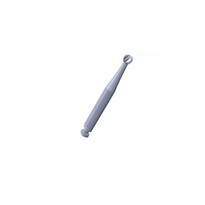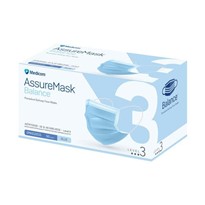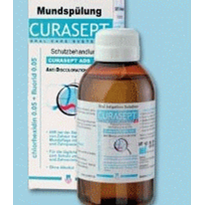The North West Cancer Centre (NWCC) is part of Tamworth Hospital and provides oncology services to patients from across the North West and New England regions of NSW. NWCC primarily treats the most prevalent and diagnosed cancers including breast, prostate, lung, and gastrointestinal cancers. For patients being treated for head and neck cancers, nasal endoscopy is routinely performed to investigate the success of oncology treatments. To offer this service, NWCC has used a SoluscopeTM automated flexible endoscope reprocessor to perform high-level disinfection of their nasendoscopes.
Renee Bultitude - Nurse Unit Manager of NWCC oversees the reprocessing procedures and has routinely tested the water quality supplied to the system to ensure that the final rinse water meets the specifications outlined in the Australian Standards for reprocessing reusable medical devices. Water testing results from early 2014 to mid-2018 were consistent with the current requirements as set out in Table 7.3 from AS5369 below.
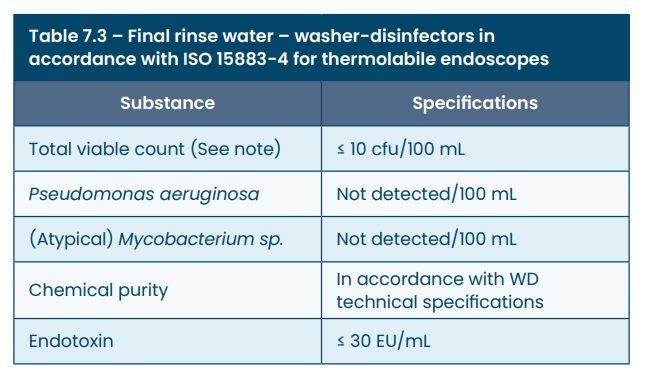
NOTE: For total viable count (TVC), test methodology should be in accordance with ISO 15883-1 and the Department of Health [UK] (2016) Health Technical Memorandum 01-06 series.
However, from September 2019, after an outbreak of legionella was identified in the air conditioning system of the oncology centre, the test results for the water supplying the endoscope washer started to show elevated bacterial colonisation.
Despite remedial actions undertaken by Renee and her team, further water test results continued to show concerning levels of total bacterial count over the coming months (colony forming units or CFU > 10) until a significant contamination of more than 100 CFUs/100ml was detected in early February 2020 – leading to the withdrawal and decommission of the endoscope washer disinfector.
Due to the inconsistent and sub-standard water supply to the department, the NWCC sought an appropriate and alternate high-level disinfection system, the Trio Wipes System, which has enabled the ongoing reprocessing of their non-lumened nasendoscopes without the need for running water or an automated washer disinfector.
Renee explains:
“The Trio Wipes System has been a fantastic and easy-to-use process to disinfect the scopes and keep our service running at the NWCC. However, we still had an unused washer sitting in the corner of our disinfection room taking up space. It needed to be decontaminated, serviced, and re-homed so that another health service could benefit from it and utilise it for reprocessing channelled instruments. But how?”
With the implementation of the Trio Wipes System, Tristel proposed a novel remediation of the AFER utilising Tristel’s Rinse Assure System to deliver an 8 ½ hour controlled high dose of chlorine dioxide (ClO2 ) to flush through the washer disinfector and purge the system, with the intention of removing biofilm that had accumulated during decommission.
Five water samples were collected from the washer bay -before, during, and after connecting the Rinse Assure System, for independent NATA Accredited laboratory testing to confirm the original presence of microorganism contamination, and to test water quality post ClO2 treatment process.
The water samples collected at different times throughout this process showed significant changes and appeared discoloured and visibly contaminated.
After only 8 ½ hours of ClO2 chemical dosing, the Tristel Rinse Assure Series 3 system had
reduced TVCs from >100 CFU/100ml to <1 CFU/100mL. Endotoxins were reduced significantly
from concerning levels of 21.5 EU/mL to 1.6 EU/mL, and water purity was vastly improved.
Below is a summary of test results.
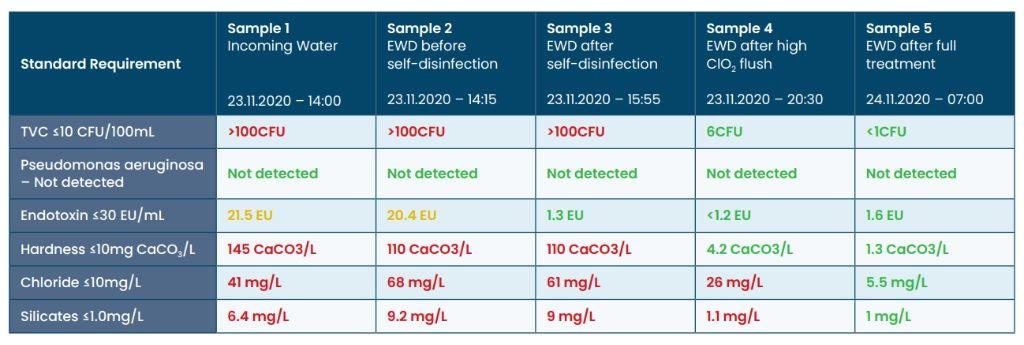
“The Rinse Assure system was set up very quickly by Steve the Tristel Service Manager. It was only the size of a small fridge on wheels, and he simply wheeled it into our washer room and connected it up between the water outlet and the SoluscopeTM washer.
He had it set up to go all in just an afternoon and once it was connected, he left it to run overnight. Steve came back in the morning to run his final system tests; collect the final water sample and then he was done. We were so impressed when the test results came back to confirm the system was no longer contaminated and it could be reused again.”
- says Renee.
After confirmation of the washer decontamination, it was given a routine service after which the NWCC Operations Manager advertised for it to be relocated to a site needing a working washer disinfector within the local health district. It now resides in a neighbouring facility where it runs normally, and the team maintain compliant water testing to ensure water supply is in line with standards.
Water supply issues are not uncommon in regional and rural healthcare settings where the origin of the water supply can play a significant role in the variability of quality (e.g. hardness and other contaminants such as silicates), and harsher weather conditions including floods and droughts can also be a major contributor.
Town water can often be dosed with high-dose chlorination treatment to manage microorganism contamination; however, this treatment is designed to treat water for household use and does not necessarily deliver the required specifications for endoscope final rinse water.
The NWCC Tamworth case example of recommissioning a contaminated automatic flexible endoscope reprocessor through intense chemical flushing demonstrates what the Rinse Assure system is capable of in extreme circumstances.
When installed as intended - to maintain final rinse water specifications supplied to endoscopy washer disinfectors - Rinse Assure will deliver a 3-in-1 system for treating water to meet AS5369 Standards, including:
- a three-stage filtration system that filters particulates down to 0.2µm,
- reverse osmosis treatment of incoming water,
- and chemical dosing with low levels of chlorine dioxide to guarantee ongoing bacteria free water.
Tristel has assisted numerous healthcare sites across Australia by guiding compliant final rinse water collection methods, as well as advising on the independent NATA Accredited laboratories equipped to meet appropriate testing standards.







-160x160-state_article-rel-cat.png)







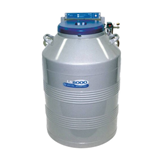


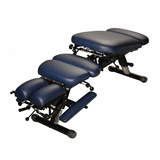

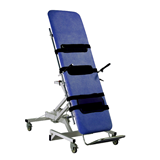
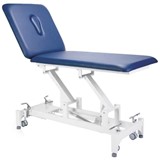





-160x160-state_article-rel-cat.png)



